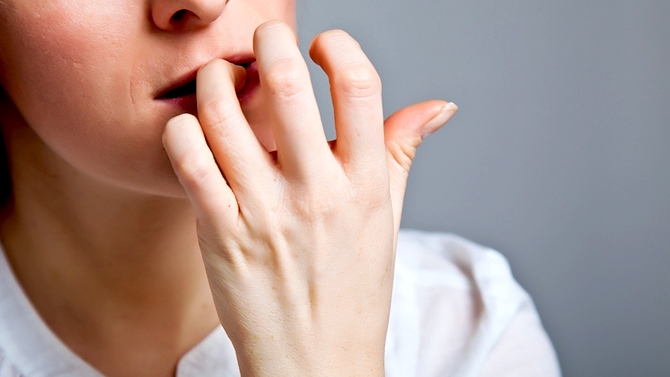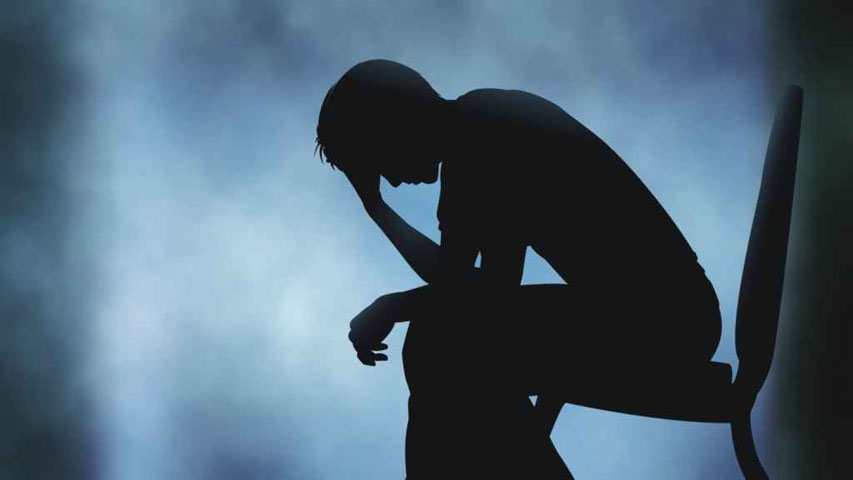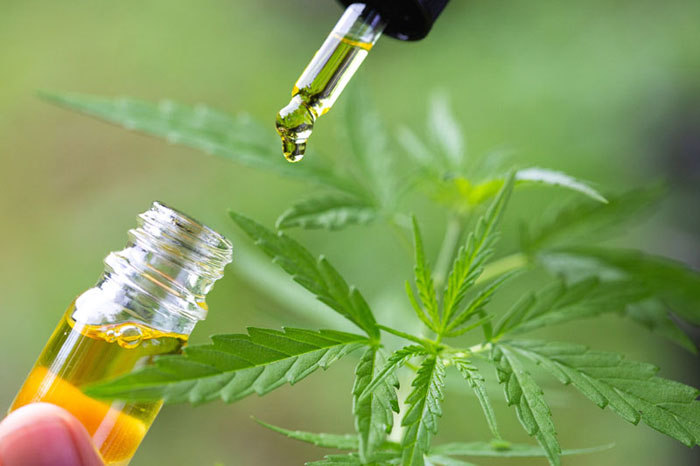Have a question? 06 70 73 89 02
🔞 Not for sale to under 18s
🔥 30% off EVERYTHING on the site with the code: LOVE!!! 🔥 ( except accessories and gummies)
Have a question? 06 70 73 89 02

Anxiety is a reality that affects many people on a daily basis, whether it manifests itself as temporary stress or a deeper disorder impacting quality of life. Faced with this modern scourge, many solutions exist, ranging from drug treatments to natural approaches such as relaxation, yoga, meditation... and CBD.
But how can CBD really help to better manage anxiety? What are its effects on stress, sleep disorders and depression? What do scientific studies say about its effectiveness?
In this article, we explain what anxiety is, its different forms, and the role of CBD in regulating anxiety disorders. You'll also discover the results of clinical research and how to integrate CBD into your wellness routine to promote serenity and well-being on a daily basis.
Anxiety is an emotion often felt as unpleasant, corresponding to the more or less conscious expectation of a danger or problem to come[1].
First of all, if the subject tolerates it and if it doesn't affect daily life, anxiety can be described as normal.
In the opposite case, we speak of anxiety disorder, an emotion manifested by a feeling of insecurity in the face of an indeterminate peril, and which can even become a permanent condition.
Anxiety can become a real suffering, manifesting itself in panic attacks. It is often accompanied by depression or various addictions (alcohol, tobacco, gambling, etc.).
Anxiety can be associated with neurotic states (phobias, obsessions, hysteria), psychotic states (schizophrenia: delusions, hallucinations, disorganized speech) or hypochondriacs (anxiety about one's health).
There are generally three types of anxiety disorders:
When the patient seeks dialogue, psychotherapy can be of interest. Relaxation is effective in cases of generalized anxiety.
Depending on the case, different drug treatments may be prescribed, ranging from antidepressants (Prozac, Deroxat) to benzodiazepines (Xanax, Lexomil...).
In this respect, an American study carried out on macaques[2] highlights the fact that certain neurons become active when stimulated by anxiety. These neurons are located in the anterior cingulate cortex, an area known for anxiety disorders. Conventional treatments, based on the premise that this area suffers from poor neurotransmitter regulation, will target these neurons, leading to a high risk of drug dependence.
Benzodiazepines are also used for short periods to avoid dependence[3].

CBD is one of the many molecules present in hemp (cannabis sativa L) alongside THC*, known for its psychotropic effects. CBD does not have this characteristic, but acts on brain receptors, in particular 5-HT1A, GPR55 and CB1/CB2. A Brazilian clinical study carried out in 2008[4] tends to demonstrate the major role of 5-HT1A or serotonin receptors in reducing anxiety. CBD directly stimulates these receptors and thus the impact of serotonin on mood and feelings of relaxation. Indeed, when anxiety appears and persists consistently, it may be due to a dysfunction of this 5-HT1A receptor, and CBD can regulate its functioning.
This article highlights some of the effects of CBD, but other, sometimes surprising, properties are also worth exploring!
* EU regulations require THC levels to be below 0.3%.
Some scientific studies also suggest that CBD may have beneficial effects on various disorders associated with anxiety:
By acting on these various biological functions, CBD can help regulate anxiety levels and symptoms. CBD's effectiveness can also be enhanced by relaxing practices such as yoga and meditation, which promote mental and physical well-being.
According to a study carried out in Great Britain in 2013[5], out of 47 individuals subjected to an anxiety stimulus, those among them who took CBD reacted better, experiencing the extinction of the anxiety disorder.
A group of researchers at Washington State University[6] also concluded that taking CBD significantly improved mood and reduced depression.
In 2019, a study published in the Journal Permanente looked at CBD's interaction with anxiety and sleep[7] . Among 72 patients with anxiety disorders, 52 individuals responded favorably after one month of taking CBD, noting a reduction in their disorder.
An American study conducted in 2015[8] also concluded that anxiety was reduced, while encouraging other studies along the same lines.
Thus, according to the many studies already carried out or still in progress measuring the effect of CBD on the nervous system, we can deduce an obvious positive interaction between the molecule and the neurobiology of the brain. By acting on levels of serotonin, commonly known as the "happy hormone" (5-HT1A receptor) and the endocannabinoid system, CBD is said to have virtues against stress, anxiety, depression and sleep disorders caused by nervous system dysfunction.
CBD, unlike other drugs, doesn't need to be taken daily to relieve anxiety, but only in moments of persistent disorder.[9] In a 2018 study, subjects were given CBD before taking a simulated public speaking test. Researchers found that an oral dose of 300 mg, administered 90 minutes before the test, was sufficient to significantly reduce the speakers' anxiety.
Some doctors and experts who give CBD to their patients insist on the individual nature of intake, with each person having to find the right personal balance.
CBD suffers very few side effects, mainly drowsiness in which case it will suffice to reduce the dose[10].
It must therefore be tested for each individual using the progressive method until relief is achieved.

One of the best ways to take cannabidiol is in oil form. CBD oil is very convenient to take, with a pipette for precise dosing.
Simply take a few drops directly under the tongue. Assimilation is fast and effective. We remind you to start with the lowest dose of CBD and then gradually increase the dose until you feel relief.